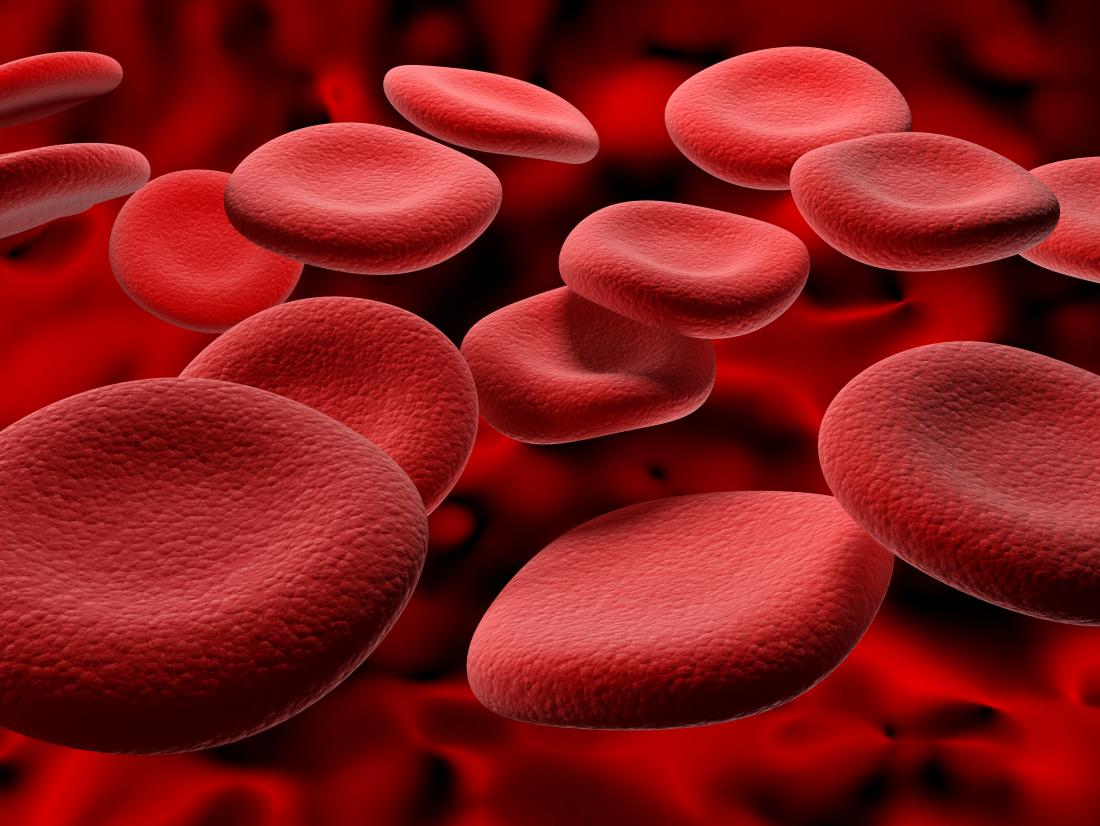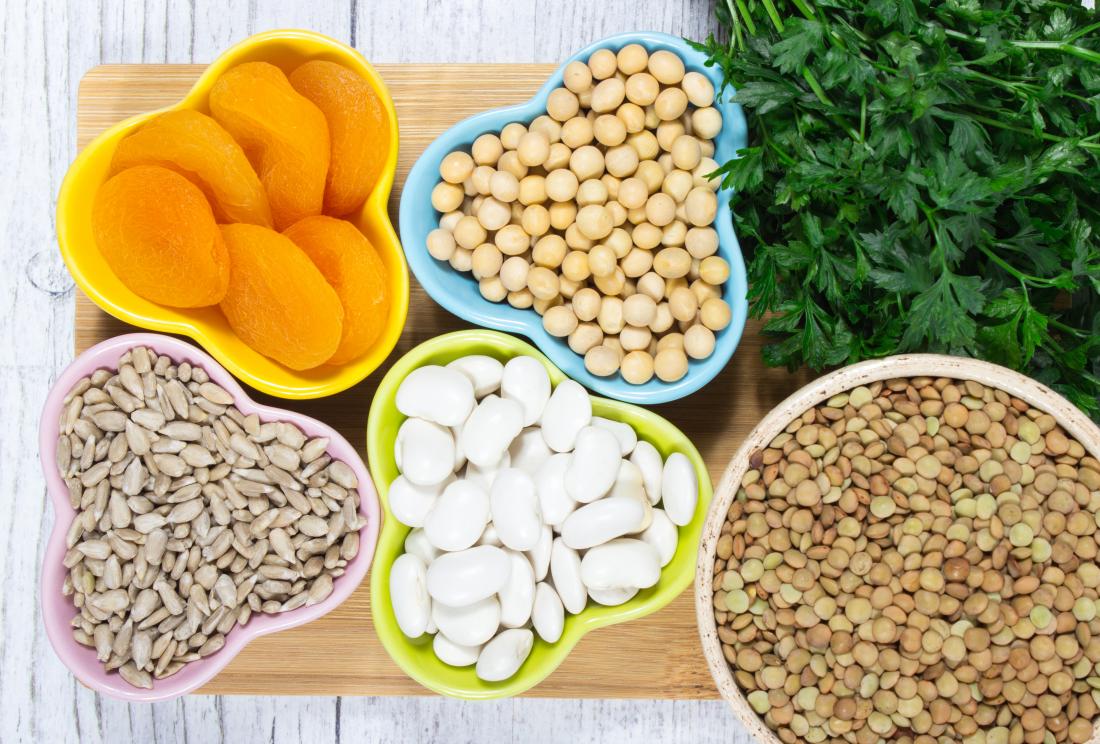Deficiency in hemoglobin level
Deficiency in hemoglobin level

Hemoglobin is a protein found in human red blood cells, which are important for keeping the body’s oxygen levels stable. Furthermore, hemoglobin transports carbon dioxide from cells to the lungs, where it is exhaled through breathing; however, low hemoglobin levels can make these processes difficult for the body to complete.
Reasons:
Hemoglobin deficiency can arise for a variety of reasons, including pregnancy, iron insufficiency, liver or kidney disease, or a chronic sickness – a man’s hemoglobin level should be 13.5 grammes per deciliter (g / dL). A woman’s hemoglobin level should be 12 g/dL; anything less is called anemia.
Symptoms:

The following symptoms may occur in case of low hemoglobin level and a doctor should be consulted as soon as they appear.
- Irregular heartbeat or rapid heartbeat
- Dizziness
- Feeling weak in muscles
- Headache
- Yellowing of the skin
Increase hemoglobin levels:

Eating foods rich in iron naturally can easily increase your hemoglobin levels. Iron not only increases hemoglobin production but also helps in the formation of red blood cells. You can take advantage of:
- Meat and fish
- Eggs
- Dried fruits
- Green leafy vegetables such as spinach
- Seeds and nuts
Add folate in your diet
Also, add folate to your diet. Folate is a type of vitamin B that plays a key role in the production of hemoglobin. Folate can be obtained by adding the following natural foods to your diet:
- Meat
- Spinach
- Rice
- Peanut
- Beans
Also remember that iron is needed to help absorb the amount of vitamin C that can be absorbed – so include foods that contain high amounts of vitamin C in your diet, such as sour fruits or green leaves. Vegetables etc.
